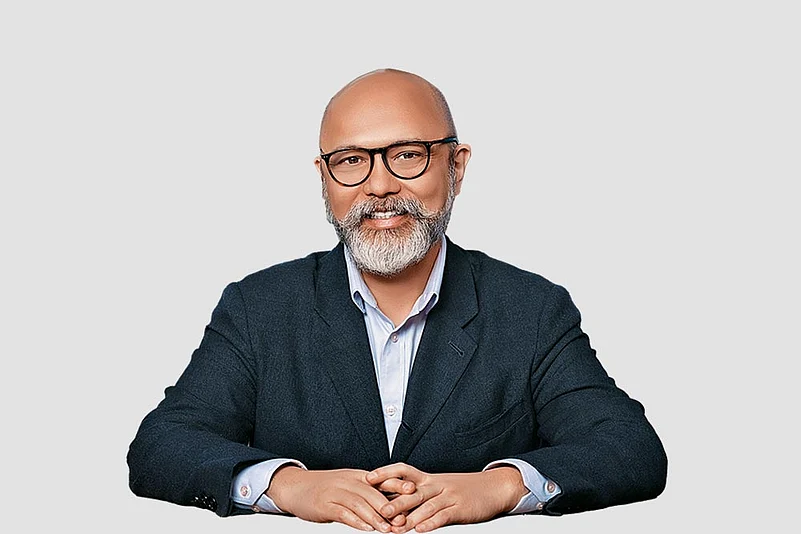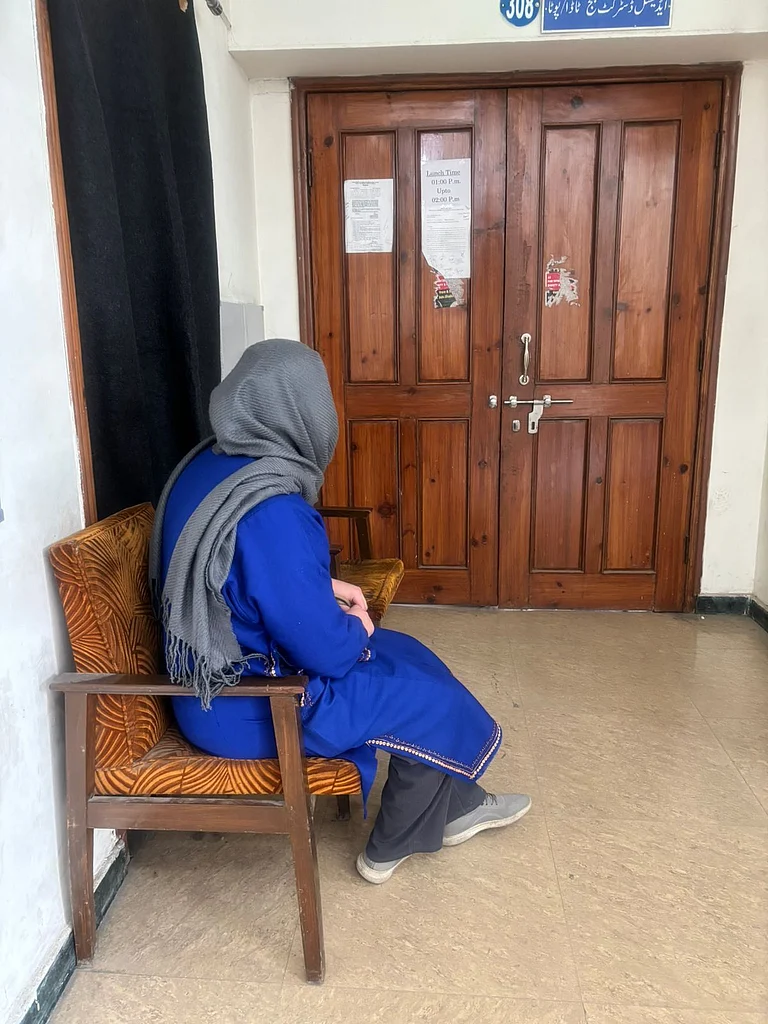Giving priority to the well-being of young people is both a moral imperative and a strategic investment in the future prosperity, stability, and resilience of countries and societies worldwide. Globally, 1.8 billion people are between the ages of 10 and 24 years, and India is home to the largest youth population. This means more than 250 million young people will enter the workforce in India over the next decade. But only when they are healthy and happy can they truly understand themselves and their aspirations and fully contribute to their personal growth and the growth of the nation.
There is power in numbers. This young cohort is an invaluable asset, and investing in their health and well-being will play a critical role in achieving the country’s economic growth and development goals. While there are many pathways to support adolescents and young adults reach their full potential, focusing on some specific, measurable, achievable, relevant and time-bound (SMART) goals can create an enabling environment for young people to thrive. Global evidence needs national action.
Sexual and reproductive health services and programmes need to be repositioned to make them more appealing and accessible to young people
A study published in The Lancet shows that investing $4.6 (around Rs 380) per person per year in interventions addressing the physical, mental, and sexual health of adolescents yields ten-fold returns on investment.
Promoting Mental Health
Adolescence is a time of self-discovery and forming one’s identity. Many young people struggle with questions about who they are, what they want from life, and how they fit into society. For many, the stigma surrounding mental health and limited access to resources are barriers to seeking mental health support and accessing services. Urgent attention is needed to dismantle these barriers through social awareness and integration of mental well-being into school health programmes and comprehensive primary healthcare services. Addressing these challenges is pivotal for nurturing a generation equipped to navigate life’s complexities with resilience and grit.

While various factors, such as family dynamics, socio-economic status, cultural background, and personal abilities, play a role in building resilience, a supportive environment is a great enabler for young people to overcome obstacles and realise their full potential. Investing in their mental well-being leads to social and economic cohesion, increased productivity, and prosperity for communities, nations, and the world. Tele MANAS is one such toll-free service that provides counsellor support in multiple languages while maintaining confidentiality and patient anonymity.
Reproductive Freedom
The number of people in need of reproductive health services in India is higher than ever and will continue to rise. Sexual and reproductive health services and programmes need to be repositioned to make them more appealing and accessible to young people. Linking reproductive health with social and economic freedom and framing it as an empowering choice will foster autonomy. This step will ensure that young people seek services to seize opportunities for shaping their future actively.
India must continue investing in education to provide quality education and skilling opportunities for both girls and boys. Interventions outside of the health sector to reduce dropouts from school and child marriage yield an almost 5.6-fold return on investment for every dollar. Investing Rs 1600 per person per year to increase the extent and quality of secondary education generates economic benefits about 12 times higher, and results in an additional 12 million jobs in the organised sector for 20–24-year-olds.
Linking reproductive health with social and economic freedom and framing it as an empowering choice will foster autonomy
Harnessing Digital Health
Digital health and data-driven policies and programmes are gamechangers. India’s 2023 G20 presidency prioritised advancing digital health innovations and solutions for universal health coverage. Digital platforms serve as a vital resource for health awareness, breaking stigma, and providing personalised guidance.
With increased smartphone penetration, telemedicine and the ever-growing popularity of health apps, access to information and support is becoming widespread. It empowers adolescents to discreetly manage their physical and mental health and seek information anonymously. Educational resources, mental health tools, and teleconsultations bridge gaps in healthcare accessibility. Connecting clinical and preventive services with ABHA cards ensures timely care and reaches young people wherever they are. Technology not only enhances health literacy but also fosters a proactive approach to well-being, catalysing a positive shift in promoting the health of this generation of digital-savvy adolescents and millennials.
Health Promotion
With Noncommunicable Diseases (NCDs) affecting millions and becoming a leading cause of death and lowered productivity worldwide, the lifestyle choices in this decade will shape the nation’s future disease burden. The obesity rate in India for 5-19-year-olds was 3.1% for girls and 3.9 % for boys in 2022, which was a sharp increase from 0.1% and 0.2%, respectively in 1990, according to a study published in The Lancet. This makes it imperative to promote healthy habits and choices early on to lower the risk of NCDs and other lifestyle-related diseases.
India is driving change by strengthening comprehensive primary health services, with more than 163,000 primary healthcare facilities operationalised as Ayushman Arogya Mandirs (formerly called Health and Wellness Centres) to provide preventive, promotive, curative, rehabilitative and palliative care services to communities close to where they live. Existing services have been expanded, with specialised clinics for reproductive and child health and diagnosis of management of noncommunicable diseases (hypertension, diabetes, and screening for oral, breast and cervical cancers), among others.
India’s demographic dividend is yet to peak (it will be around 2041), which gives us a window of opportunity to harness this potential to boost the country’s social and economic prosperity as envisioned under India’s recent G20 presidency and Y20 commitments.
MORE FROM THIS ISSUE
The author is World Health Organization Representative to India



























